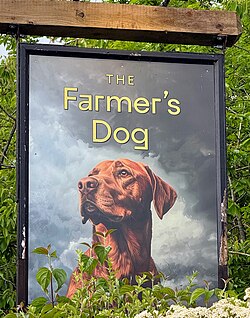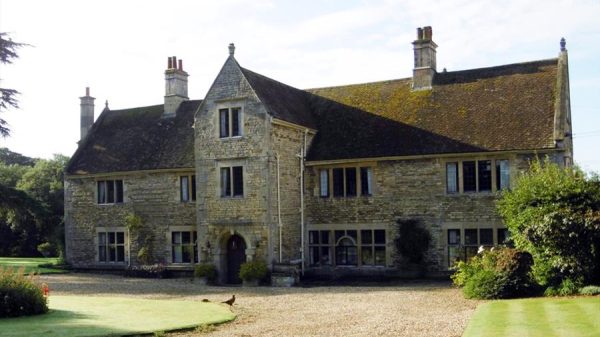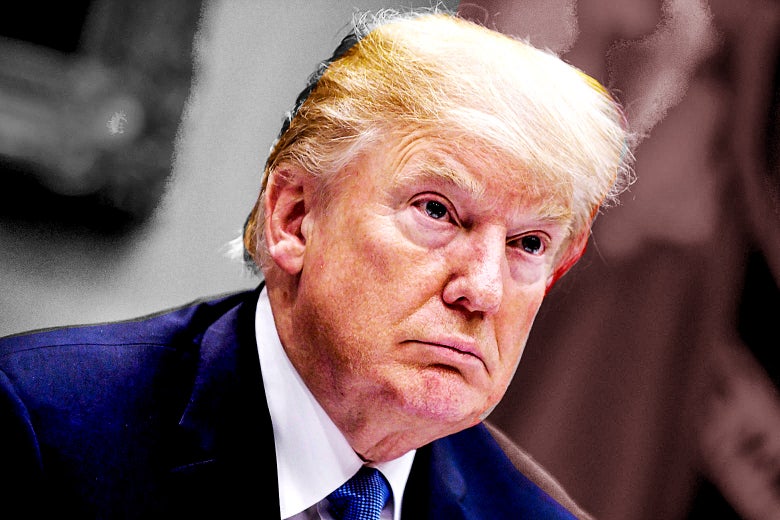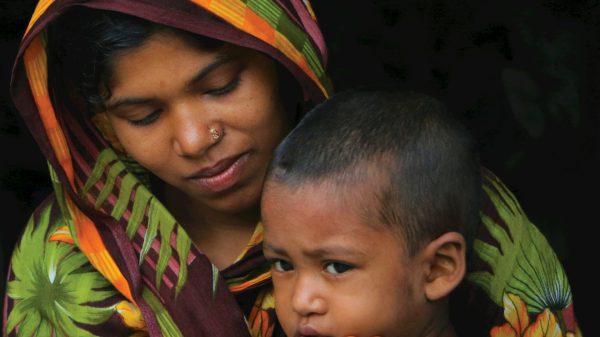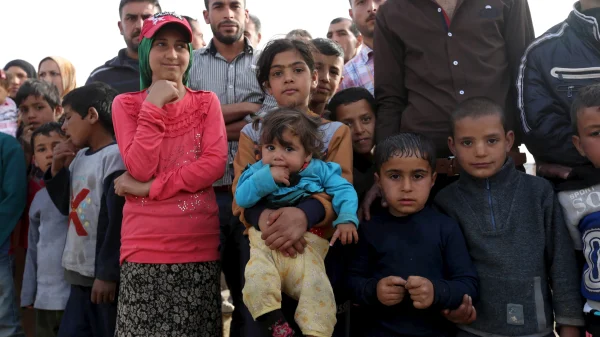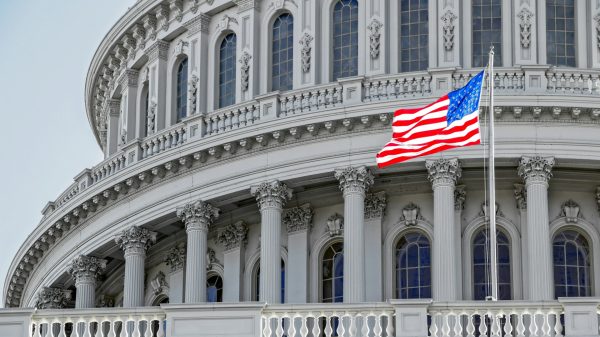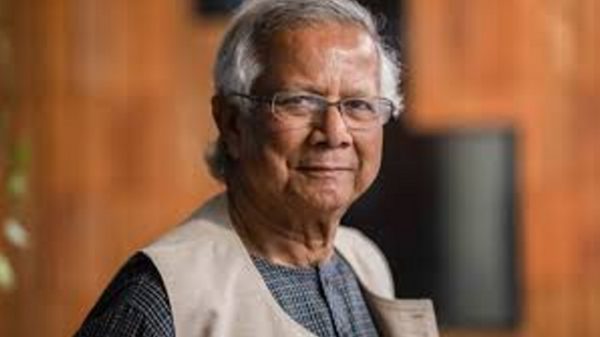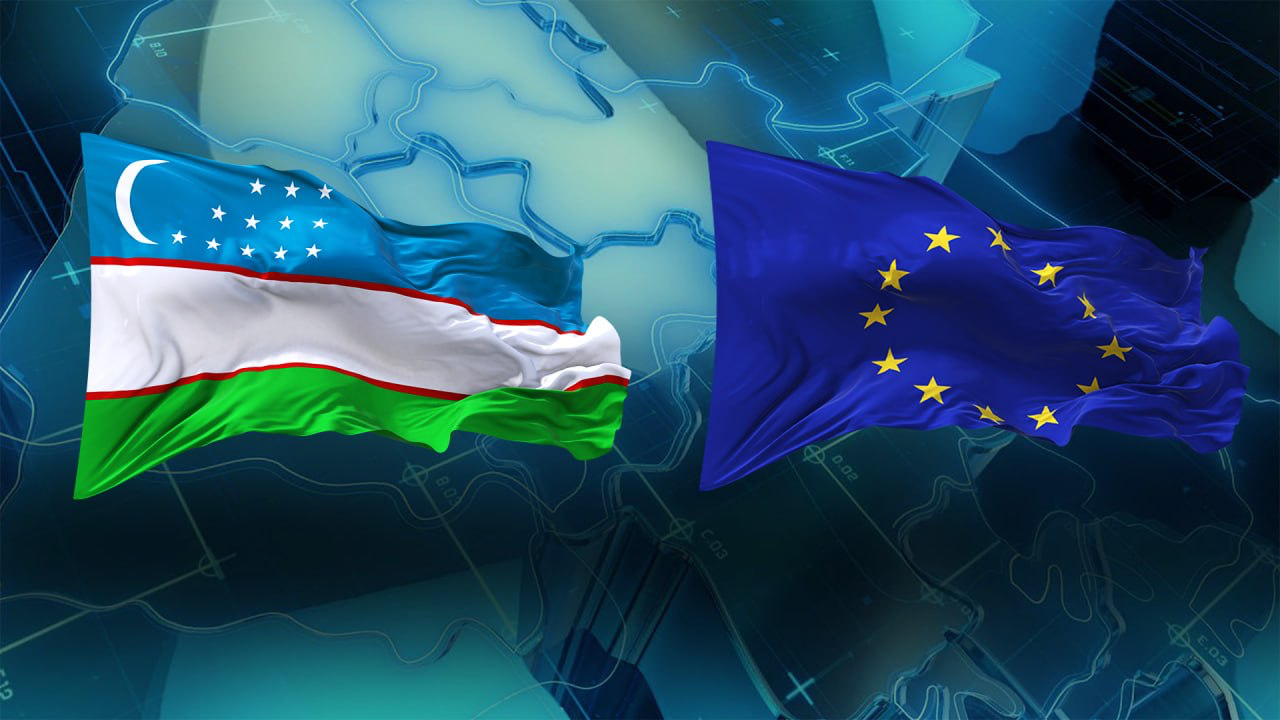The First Steps Toward Europe
From the earliest years of independence, Uzbekistan has sought to establish close partnership relations with Europe and its member states, writes Ibrohim Abdurahmonov, Minister of Agriculture of Uzbekistan
In this direction, the opening of the Uzbek Embassy in Brussels in 1993 marked the beginning of official diplomatic relations between the two countries. In 1996, a double taxation avoidance agreement was signed, followed by an investment protection agreement in 1998. These documents strengthened legal guarantees for entrepreneurs of both countries and laid the foundation for cooperation in the agricultural sector.
In 2012, at the international agricultural exhibition in Libramont (Belgium), Uzbekistan presented its agricultural investment potential to European partners, attracting the interest of leading companies such as Joskin, Menart, Ilvo, and Etesia. Furthermore, representatives of Uzbekistan and Belgium have continued to strengthen their long-standing ties through mutual visits and economic forums.
Results of Cooperation: Figures and Facts
In recent years, many European countries, including Belgium, have recognized Uzbekistan’s potential in agriculture and expressed interest in strengthening agri-partnership. For example, in 2024, the trade turnover between the two countries amounted to USD 62.3 million, of which Uzbekistan’s exports totaled USD 7.3 million and imports — USD 55 million.
Several Belgian companies are currently implementing investment projects in Uzbekistan. Jaga Climate Designers has launched a joint project in heating and ventilation systems, while the Picanol Group is localizing the assembly of high-tech textile machinery. Belgian brands Belcolade and Prefamac are exploring opportunities to establish joint chocolate production ventures.
Promising prospects are also emerging in agriculture. Projects are being developed with Greenyard and Puratos for fruit and vegetable processing. This cooperation envisions expanding import–export chains through Belgian ports — particularly the Port of Antwerp — to access new markets. Increasing seasonal exports (e.g., fruits, vegetables, grapes, dried vegetables, and spices) has become a strategic priority.
Belgium’s developed market and high demand for agricultural products, combined with Uzbekistan’s growing production and export capacity, make this cooperation mutually beneficial. Plans are also in place to benefit from Belgium’s advanced experience in pharmaceuticals and biomedicine. Companies such as UCB and Janssen Pharmaceutica have discussed establishing joint ventures or industrial clusters in Uzbekistan.
Technology and Education — New Directions of Cooperation
As Uzbekistan advances industrial modernization and export diversification, it is ready to elevate its cooperation with Belgium to a new level. Under the EU-AGRIN project, implemented with the support of the EU and UN, agricultural innovations are being introduced: solar-powered drip irrigation systems have reduced water and energy use by 55%, while climate-resilient seeds have increased crop yields by 33%. These tangible results have become an integral part of the agricultural cooperation strategy.
Priority areas of collaboration include the implementation of agro-technologies, modernization of irrigation equipment, wastewater recycling, and biomass energy projects. Uzbekistan’s state program “Radmik-su” (2022–2026) is focused on water-saving initiatives. Belgian expertise in environmental technologies and academic institutions supports the digitalization of irrigation systems and canal cleaning processes.
The processing industry is another key direction. Plans include creating joint ventures for fruit and vegetable canning, grain and dairy processing, and the production of concentrated juices and apple cider vinegar, all in line with European standards.
Knowledge exchange in seed production and plant breeding is of strategic importance. Negotiations are underway with Namur University (Belgium) to establish cooperation in agricultural education and professional training. Joint programs in genetics, biomechanization, mobile laboratories, and agricultural information systems are also being developed.
Logistics, Export, and Future Prospects
Logistics and infrastructure development are integral components of agricultural cooperation. The Port of Antwerp and other Belgian logistics hubs are seen as key transit centers for expanding exports from Central Asia to Europe. Uzbekistan is discussing measures such as developing a “cold chain” logistics system, certifying products to meet European quality standards, using Benelux distribution centers, and introducing export financing mechanisms for small and medium-sized enterprises.
Despite the great potential, several challenges remain — primarily related to logistics and standardization. Direct transport connections with Belgium are limited, making it necessary to develop air, sea, and rail transit routes, as well as specialized refrigerated storage facilities. Additionally, compliance with European phytosanitary and environmental standards, certification procedures, and farmer training are essential steps for entering the EU market.
Identifying funding sources for joint projects is another key task. Government programs could introduce grant funds and fiscal incentives to support small and medium enterprises. International financial institutions are already providing grants and long-term credit lines to attract investors in Uzbekistan’s agricultural sector.
Expanding technological cooperation requires greater attention to scientific research. Building on Belgian and European experience, Uzbekistan aims to implement modern agrotechnologies, introduce advanced hybrid and seed programs, reduce pesticide use, and promote biological pest control. Joint research projects between Belgian universities and Uzbek agricultural institutes could focus on greenhouse and terraced farming, as well as organize internships and exchange programs for specialists.
Conclusion
Agricultural cooperation between Uzbekistan and Belgium is crucial not only for enhancing mutual trade and investment but also for strengthening integration into global markets and technologies. The Ministry of Agriculture of the Republic of Uzbekistan is ready to further deepen strategic partnership with Belgium — ensuring food security, expanding exports, and jointly investing in high-tech projects.
Future plans include:
- strengthening stable and high-quality export routes for Uzbek fruits and vegetables;
- expanding joint projects for the introduction of agrotechnologies;
- sharing experience in water and resource-saving innovations;
- developing agro-clusters and agricultural logistics infrastructure.
In the long run, Uzbekistan aims for rapid growth in agricultural exports, higher farmer incomes, and enhanced cooperation with Belgium and other European countries. Joint efforts to realize Uzbekistan’s investment and agricultural potential will undoubtedly bear fruitful results.
Author: Ibrohim Abdurahmonov, Minister of Agriculture


